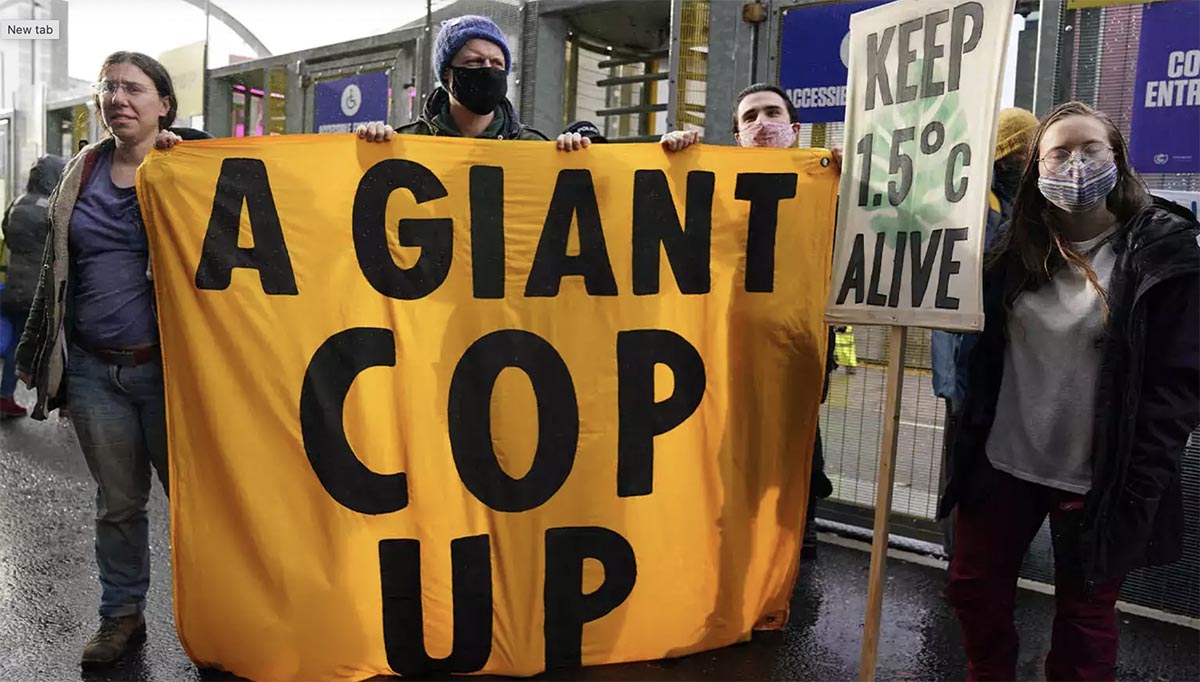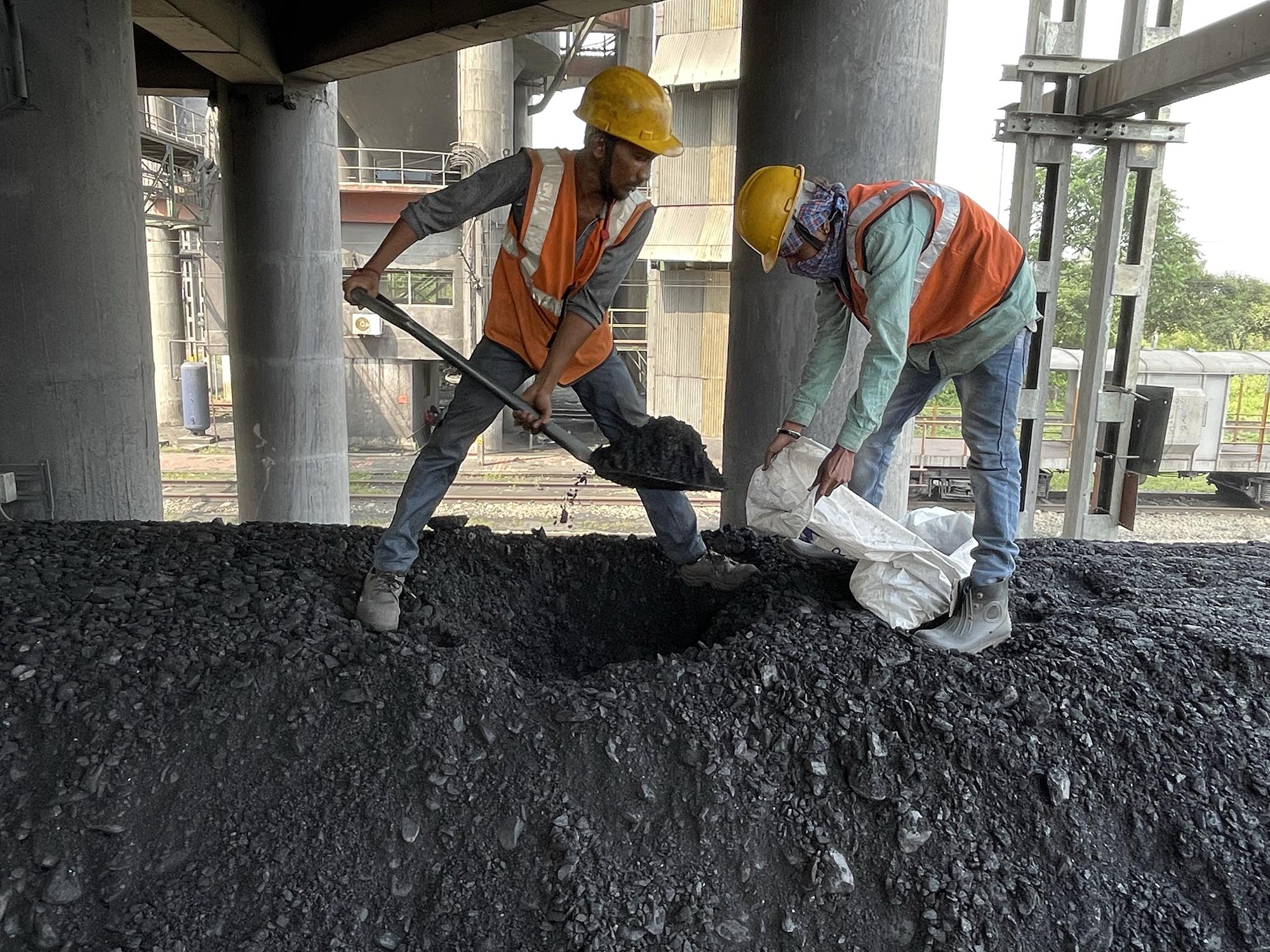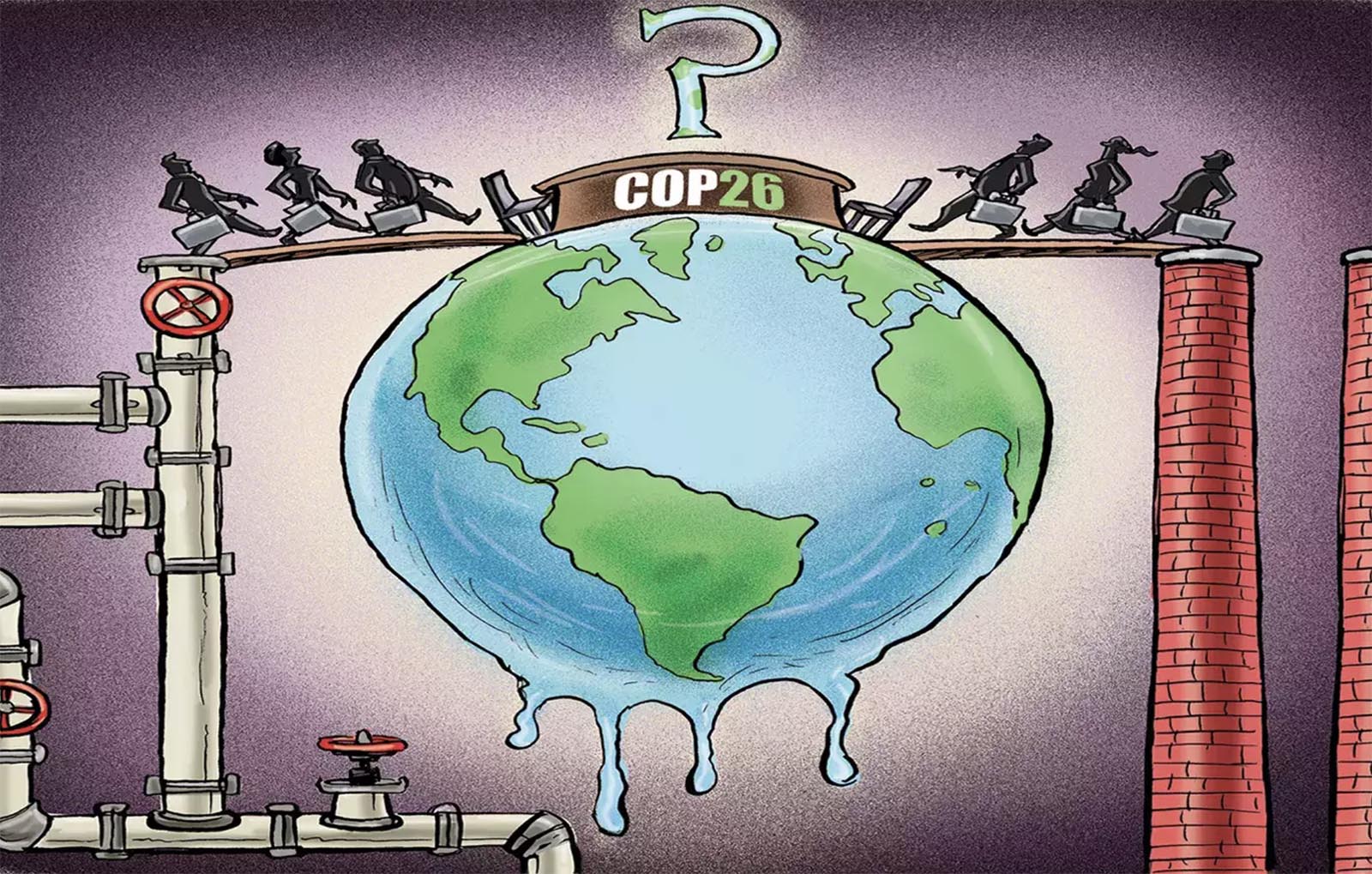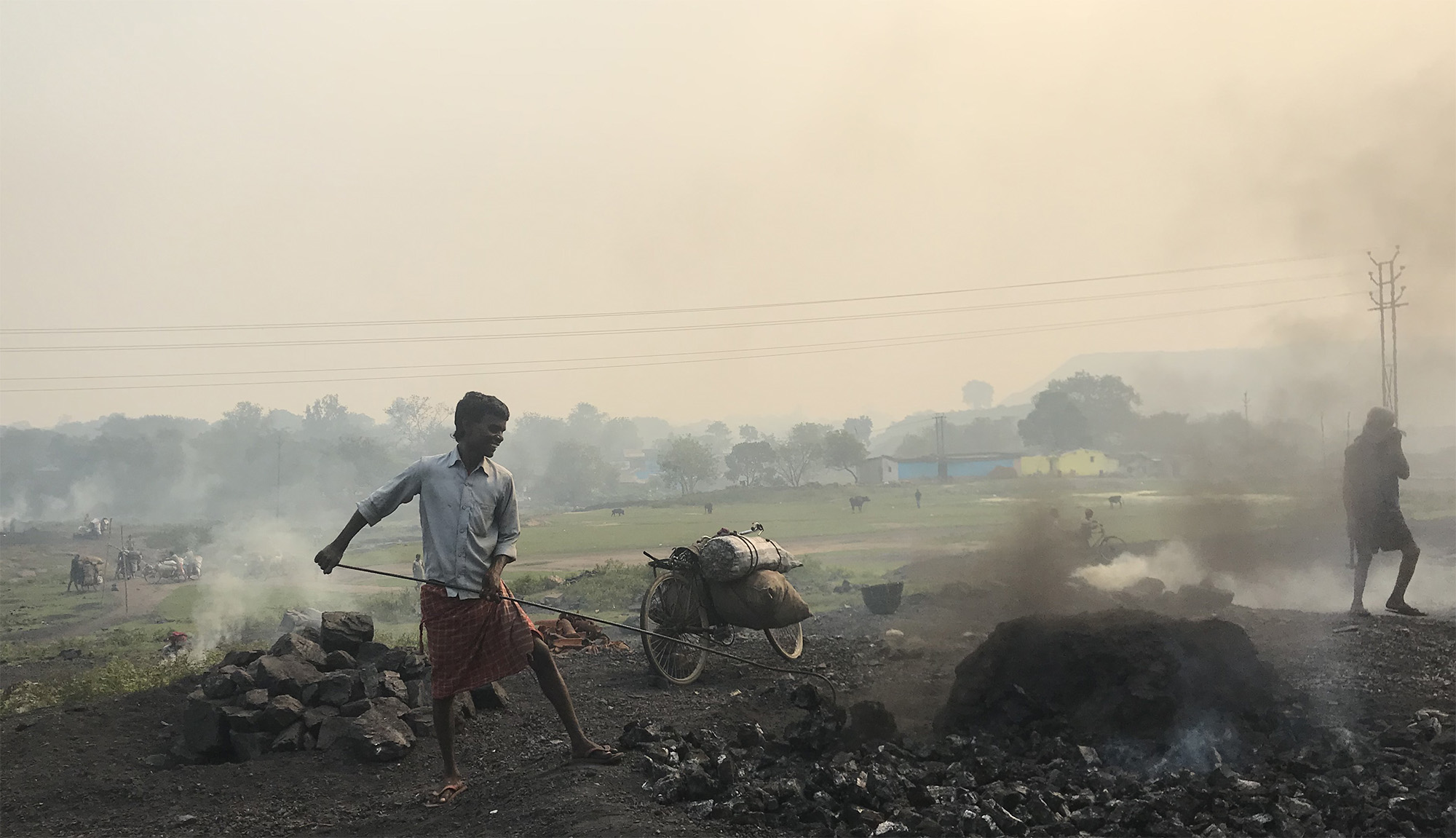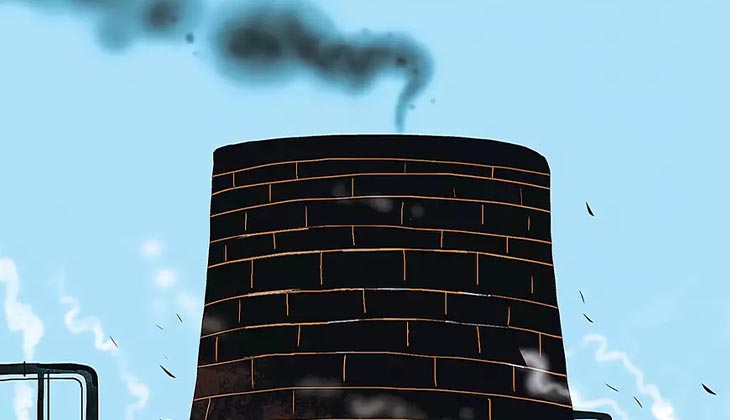जलवायु परिवर्तन : लक्ष्य तो तय हुए, अब कदम आगे बढ़ाना है
This article originally appeared in Nav Bharat Times. पर्यावरण और स्वास्थ्य के नजरिए से वर्ष 2021 लंबे समय तक याद किया जाएगा। इस साल हमने मानवता का श्रेष्ठ देखा तो सबसे बुरा भी देखा। साल की शुरुआत कोरोना की दूसरी लहर से हुई। हमारे देश का जो स्वास्थ्य ढांचा था, वह चरमरा गया। लोगों को अस्पतालों […]
जलवायु परिवर्तन : लक्ष्य तो तय हुए, अब कदम आगे बढ़ाना है Read More »



